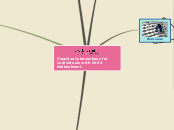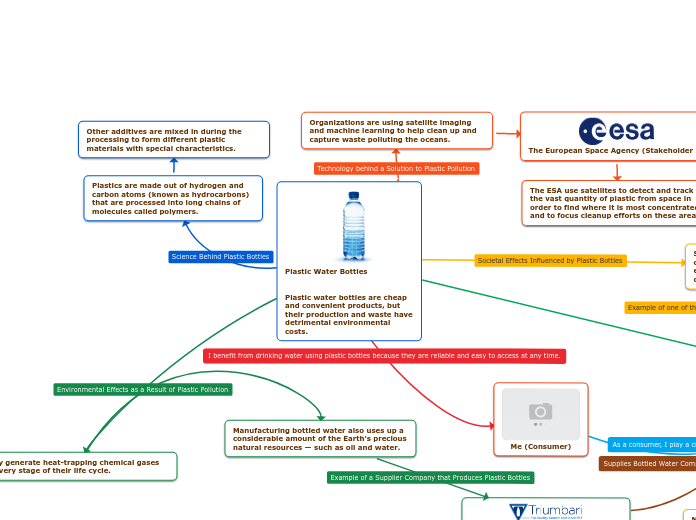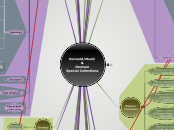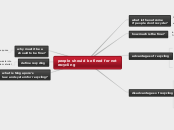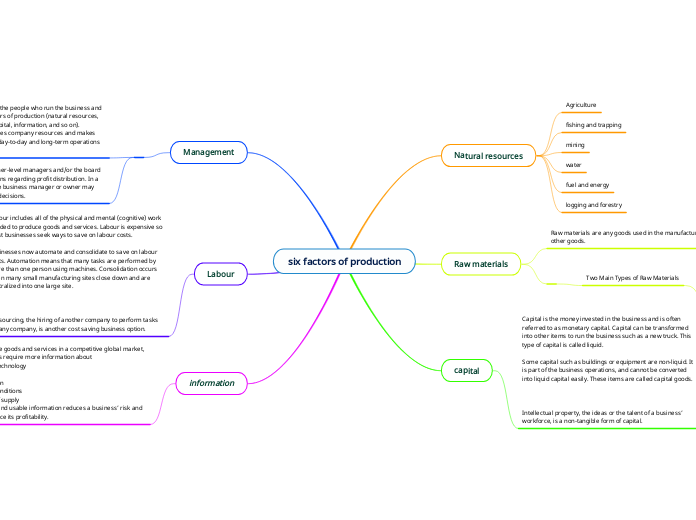Proactive Interventions for Individuals with Child Maltreatment
Build knowledge: Strategies
Strategies
Educate all parties involved of the warning signs, symptoms, interventions and prevention techniques that will help prevent or overcome abuse and neglect
Problems solve situations in an effort of preventing, avoiding or removing obstacles of abuse and neglect
Resilience Indicator
Potential / Intended Outcomes
Communicate with friends, families, peers and other trusted persons factors and indicators relating to issues of abuse and neglect
http://www.promisingpractices.net/resources_childabuse.asp
https://www.childhelp.org/story-resource-center/child-abuse-education-prevention-resources/
https://childwelfare.gov/topics/can/?hasBeenRedirected=1
http://www.dss.virginia.gov/family/cps/mandated_reporters/cws5691/resources.html
http://www.kidsmatterinc.org/for-families/abuse-and-neglect-resources/
http://www.dhr.state.md.us/blog/?page_id=3973
Resources: power of information
is to your advantage
http://ppcwg.org/about-ppcwg-parameters.html
delete info
http://www.acf.hhs.gov/programs/cb/focus-areas/child-abuse-neglect
https://www.childwelfare.gov/topics/preventing/?hasBeenRedirected=1
http://www.aacap.org/AACAP/Families_and_Youth/Resource_Centers/Child_Abuse_Resource_Center/Home.aspx
http://www.apsac.org/resources
Overview
Supporting Resources
The following links are resources associated to prevention programs and strategies
Statistical Data http://www.cdc.gov/ViolencePrevention/childmaltreatment/
http://www.philly.com/philly/news/special_packages/inquirer/child_welfare/Child-abuse_cases_in_Philadelphia.html
The following link provides the child abuse cases and deaths along with other information in Philadelphia, PA from 2003-2005; according to population of youth under age 18.
Associated Risk Indicators and Implications
Indicators of Child Abuse & Neglect
unexplained: cuts, bruises, broken bones, fractures and burns
negative behaviors
poor eating habits
agitated, withdrawn or isolated
depressed and anxious
poor sleeping patters or habits
bathroom problems
poor hygiene
run away
poor social skills
Targeted Population Website
Subtopic
According to American Public Human Services Association
"Target Populations Served by Public Child Welfare
The population for whom the guidance was developed is varied and must be considered as policies and practices are established. The population for whom public child welfare has primary responsibility consists of the following:
•Children, youth and families where allegations of abuse and/or neglect have been made
•Children, youth and families where a high risk of abuse and/or neglect has been identified
•Children and youth who are in the custody of the public child welfare system and their families
•Children, youth and their families who are not in the custody of the public child welfare system, but for whom the provision of services or ongoing oversight is mandated by a court
The population for whom public child welfare has a shared responsibility with the community consists of the following:
•Children, youth and families where need is self identified or allegations have not risen to a founded case but who may still need services
•Children and youth who were in custody of the public child welfare system and their families (refers to children and youth in adoptive homes, in kinship and guardianship, etc.)
•Youth who are emancipated or transitioned from foster care."
http://ppcwg.org/about-ppcwg-parameters.html
Individuals with Disabilities
rearrange bubbles so it makes sense
add your thoughts as they come by
